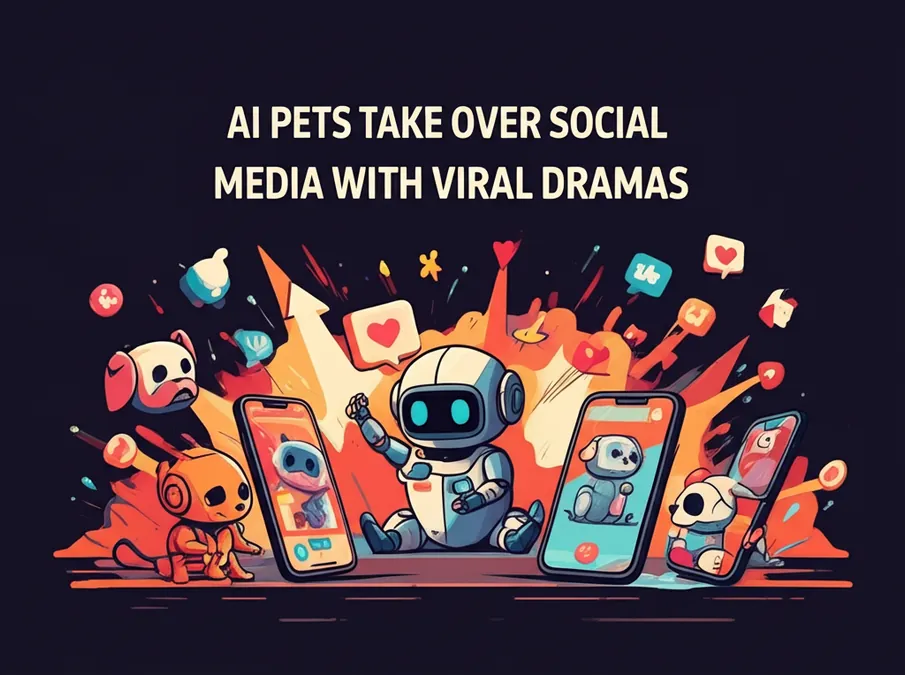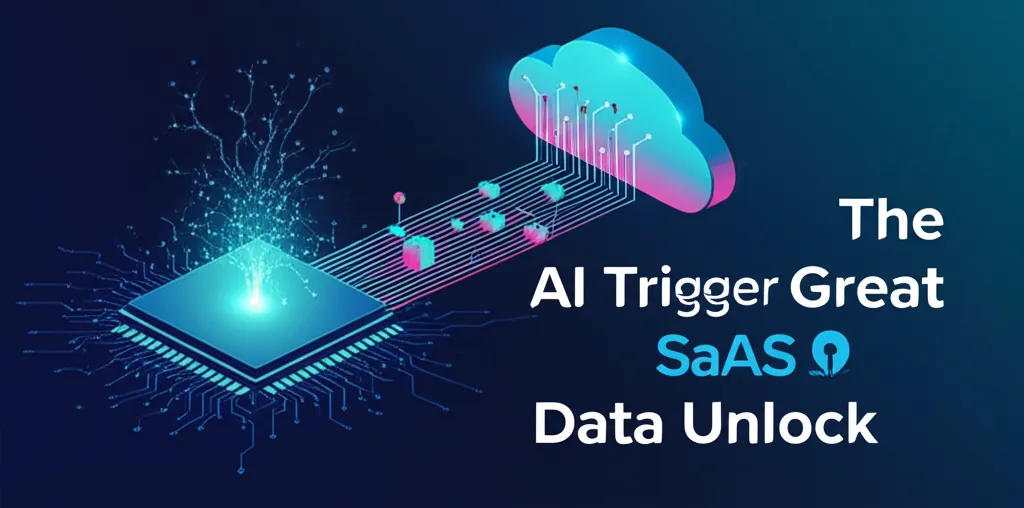Developer Offer
Try ImaginePro API with 50 Free Credits
Build and ship AI-powered visuals with Midjourney, Flux, and more — free credits refresh every month.
AI Revolutionizes Advertising Industry Leaders Weigh In

Artificial intelligence is profoundly reshaping the advertising business, a development that one prominent industry leader described as both disruptive and "unnerving" for investors.
AI The Great Ad Disrupter
Mark Read, the outgoing CEO of British advertising giant WPP, conveyed to CNBC that the current wave of AI disruption is causing significant unease among investors across all sectors and is fundamentally altering the advertising landscape. "I think this AI disruption ... unnerving investors in every industry, and it's totally disrupting our business," Read stated.
The core of this transformation lies in the rise of generative AI tools. These technologies, including well-known platforms like OpenAI's DALL-E, Google's Veo, and Midjourney, enable the rapid creation of diverse content, posing a direct challenge to traditional advertising workflows.
Revolutionizing Business With AI
In his first interview after announcing his departure from WPP, Read emphasized that AI is poised to "totally revolutionize our business." He elaborated on this by envisioning a future where AI democratizes expertise. "AI is going to make all the world's expertise available to everybody at extremely low cost," he explained at London Tech Week. "The best lawyer, the best psychologist, the best radiologist, the best accountant, and indeed, the best advertising creatives and marketing people often will be an AI, you know, will be driven by AI."
Highlighting WPP's proactive stance, Read mentioned that 50,000 employees at the company are already utilizing WPP Open, WPP's proprietary AI-powered marketing platform. "That, I think, is my legacy in many ways," he added, underscoring the strategic importance of this internal AI adoption.

Industry Wide AI Adoption And Consolidation
Read also pointed out that structural pressures on the creative segments of the advertising industry are fueling consolidation. He stressed the necessity for companies to fully embrace AI's impact on all facets of their operations, from developing creative briefs and media plans to optimizing campaign performance.
This trend is corroborated by market research. A report from Forrester published in June of the previous year revealed that over 60% of U.S. advertising agencies were already leveraging generative AI, with an additional 31% actively exploring its potential applications.
Leadership Perspectives On AIs Transformation
This sentiment is shared across the industry. Maurice Levy, CEO of French advertising conglomerate Publicis Groupe, echoed Read's assessment, telling CNBC at the Viva Tech conference in Paris that advertising is undergoing a "huge transformation" due to AI.
Levy highlighted how AI-driven image and video generation tools are dramatically accelerating content production. Furthermore, he noted that automated messaging systems now facilitate "personalization at scale like never before."

Balancing AI Innovation With Human Concerns
Despite the transformative power of AI, Levy cautioned that it should be viewed primarily as a tool to augment human capabilities. "We should not believe that AI is more than a tool," he asserted.
Addressing concerns about job displacement, Levy acknowledged that AI would likely eliminate some existing roles. However, he expressed optimism that, overall, AI will transform current jobs and create new ones, resulting in a net positive impact on employment. "Will AI replace me, and will AI kill some jobs? I think that AI, yes, will destroy some jobs," Levy conceded. He quickly added, "more importantly, AI will transform jobs and will create more jobs. So the net balance will be probably positive." He drew parallels to the labor market shifts brought about by previous technological advancements like the internet and smartphones, predicting an increase in "autonomous work."
However, the rapid integration of AI is not without its challenges. Nicole Denman Greene, an analyst at Gartner, advised brands to be mindful of potential negative reactions from consumers who are skeptical about AI's influence on human creativity. According to a Gartner survey from September, a significant 82% of consumers believe that companies using generative AI should prioritize the preservation of human jobs, even if it means lower profits.
Greene urged a shift in perspective: "Pivot from what AI can do to what it should do in advertising." She elaborated that AI's ideal role is to "help create groundbreaking insights, unique execution to reach diverse and niche audiences, push boundaries on what 'marketing' is and deliver more brand differentiated, helpful and relevant personalized experiences, including deliver on the promise of hyper-personalization."
Compare Plans & Pricing
Find the plan that matches your workload and unlock full access to ImaginePro.
| Plan | Price | Highlights |
|---|---|---|
| Standard | $8 / month |
|
| Premium | $20 / month |
|
Need custom terms? Talk to us to tailor credits, rate limits, or deployment options.
View All Pricing Details

